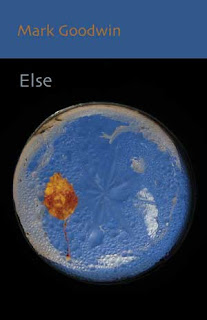
Small Publishers' Fair Friday 13th and Saturday 14th November 2009 Open 11am to 7pm each day - admission free Conway Hall, Red Lion Square, London WC1R 4RL
Leafe Press will be there, with Bamboo books. Your chance to meet editors, Alan Baker and John Bloomberg-Rissman - how could you miss it??!
for more details. click here
for more details. click here




